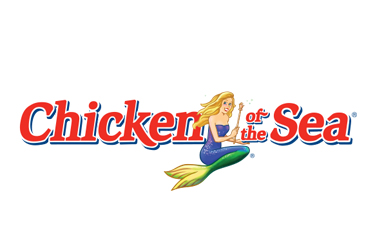A proposed settlement between a class of commercial food-preparers and Chicken of the Sea, one of the three U.S. canned tuna companies found to have conspired to fix the prices of their products, has been rejected by the judge overhearing the case.
U.S. District Court for the Southern District of California Judge Janis L. Sammartino rejected a payment of USD 6.5 million (EUR 5.9 million), saying it is not clear the settlement provides enough money to those harmed by the price-fixing.
“After attorneys’ fees, costs and expenses, the settlement would provide at most USD 1.5 million [EUR 1.36 million] for distribution to the CFP [commercial food-preparer] class,” Sammartino wrote in a 17 January ruling. “A rough calculation suggests the CFP class members will collectively receive approximately 6.85 percent of the damages they attribute to [Chicken of the Sea]. This seems a modest amount considering that in criminal antitrust proceedings COSI admitted to price-fixing, thus essentially conceding liability in this action for civil damages.”
Sammartino criticized the fact that the proposed settlement allocates USD 5 million of the settlement amount to attorneys’ fees, costs, and expenses.
“Distribution of a disproportionate part of the settlement to counsel is one of the indicators that class counsel may not have negotiated in the best interest of the class,” she wrote.
Furthermore, Sammartino criticized terms of the settlement stipulating the CFP class would forgive claims that “may exist in the future” and that the CFP class must settle with the two other defendants – Bumble Bee and StarKist – for a less amount. The judge also questioned why the proposal places the settlement funds in a series of short-term investments, “with the class bearing all expenses and risk associated with them.”
“The court is not inclined to approve a settlement on these terms in the absence of an explanation why the settlement fund should be subject to the risk and expense of investment management,” Sammartino wrote.
Chicken of the Sea, Bumble Bee, and StarKist, as well as their parent companies, are in the midst of dealing with a raft of lawsuits that have emerged from claims they participated in a scheme to artificially inflate the prices of canned tuna. Bumble Bee and StarKist both pleaded guilty in related criminal cases brought by the U.S. Department of Justice, while Chicken of the Sea avoided criminal prosecution, as it served as the whistleblower in the case. However, it is still liable for civil litigation stemming from its behavior.
In August 2019, Sammartino approved the separation of litigants into four classes of plaintiffs: claims brought by the direction purchasers bringing their owns suits against the tuna companies, or so called “direct-action plaintiffs” (DAPs); direct purchasers pursuing a collective class action (DPPs); indirect purchasers moving forward as a putative class, or commercial food-preparers (CFPs); and individual consumers proceeding as a joint class, or end-payer plaintiffs (EPPs).







